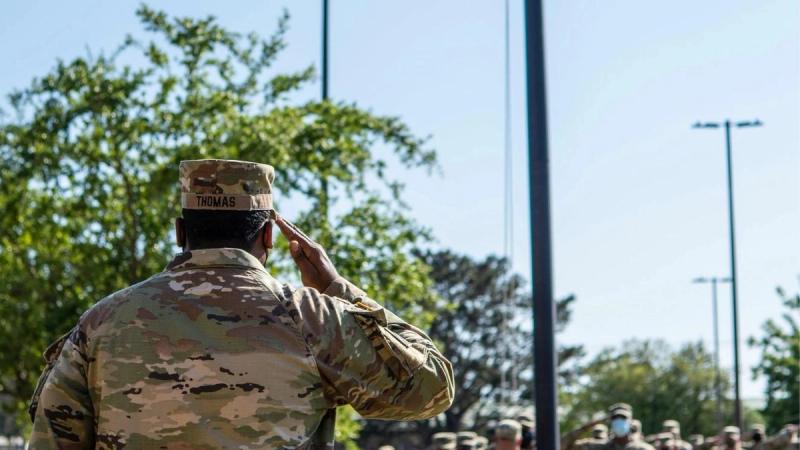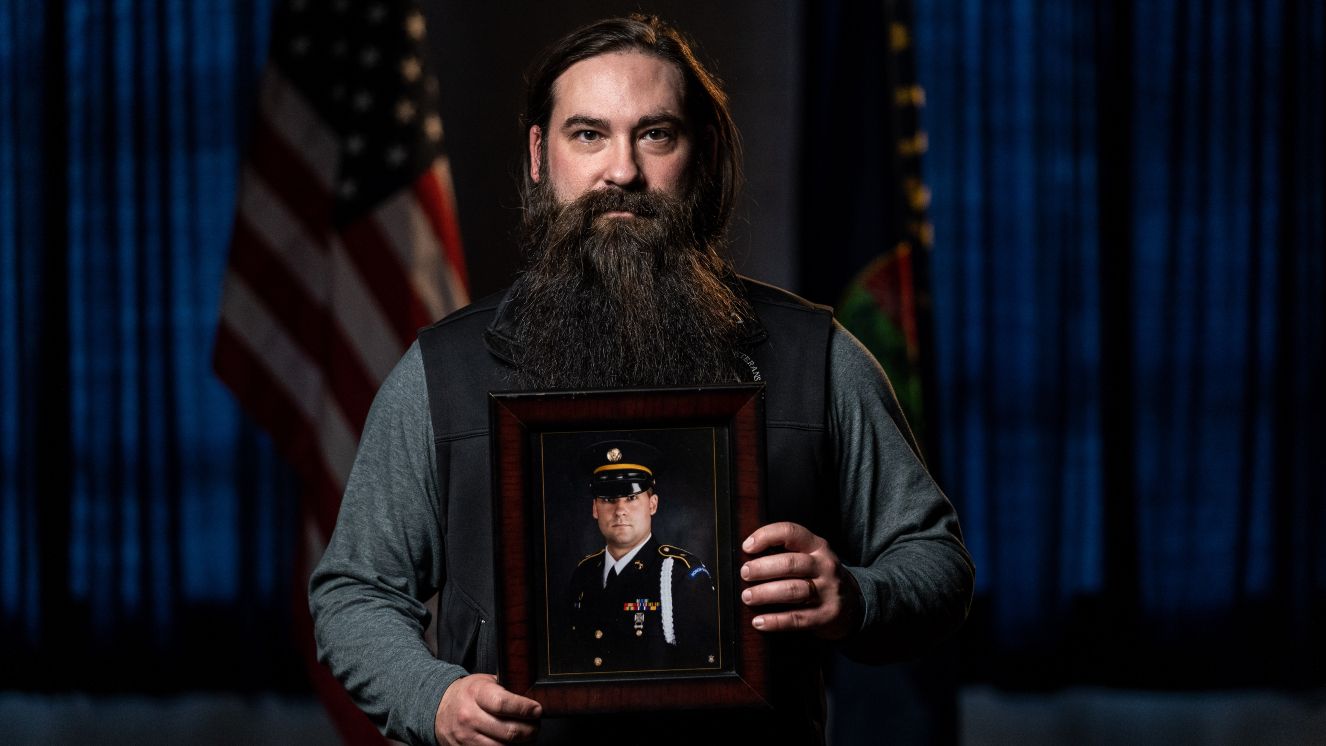VETERAN SENTENCED 4 YEARS FOR U.S. CAPITOL ATTACK INVOLVEMENT
COMMENT
SHARE

One of the reasons why Vets sometimes go against the law is because their voices are not heard, there is a lack of support from the government, or sometimes due to the post-traumatic disorder that they are experiencing. Whatever the reason, it is best to hear those woes from the country's heroes. Recently, a former U.S. soldier has been court-martialed due to his action in fatally shooting a handcuffed civilian in Iraq two decades ago. On Monday, he was sentenced to another four years in prison for his involvement in the U.S. Capitol attack that happened on January 6, 2021.
Edward Richmond Jr. was a 41-year-old man from Geismar, Louisiana, who is accused of attacking police officers using a metal baton during the riot at the Capitol. He later expressed his regrets about his actions, mentioning that he was wrong and foolish and did not think about it. It was just a spur of the moment decision. The U.S. District Judge John Bates convicted Richmond. It is worth mentioning that Richmond seemed to be genuinely apologetic for joining one of the most damaging attacks of the Capitol riot. It was a conflict between outnumbered officers and rioters inside a tunnel entrance.

U.S. Capitol Attack: Key Events and Military Involvement
There are over 1,500 people who have faced federal charges due to their involvement in the Capital riot. With over 650 people who received prison sentences varying from a few days to 22 years. Several rioters asked the judge to pause their lawsuits until President-elect Donald Trump took office. Noting that his campaign had vowed to pardon his supporters who stormed the Capitol after his rally about "Stop the Steal" near the White House. In response, the judge rejected those requests mainly and continued with sentences and plea hearings as planned.
He did not ask to delay his hearing for his involvement in the U.S. Capitol attack. His lawyer, John McLindon, mentioned that such requests would waste time. Prosecutors pursued a jail penalty of five years and three months for the former U.S. Soldier, and his time in custody for almost nine months since his arrest will be credited.
Richmond attended Trump's rally near the White House on January 6, prepared with goggles, a helmet, and military-style tactical equipment. He marched to the Capitol just like other attendees in a confirmed "heave-ho" effort against police personnel who were defending a tunnel entrance. He exerted a police shield as he advanced through the crowd before yielding to the tunnel entrance.
There, he used a retractable metal baton and struck at officers' shields. Before leaving the area, he even gave some rioters a wooden board to use against the police officers. Richmond also brought out office furniture from a shattered window.
A Previous Manslaughter Charge
Aside from the U.S. capitol attack, at 20 years old, Richmond was sentenced to voluntary manslaughter in February 2004 by an Army court-martial due to slaying a handcuffed Iraqi civilian near Taal Al Jai.
With his actions, he was imprisoned at Fort Sill in Oklahoma and acquired a dishonorable discharge from the Army. According to the investigation, he shot Muhamad Husain Kadir in the back of the head, a cow herder.
Richmond used a rifle to shoot Kadir fatally. In defense, he explained that he only acted by his superior officer's instructions.

Dishonorable Discharge: Impact on Military Veterans
This is considered the most severe type of discharge a military personnel can have. A dishonorable discharge is a type of separation from the military given as a punishment for murder, desertion, espionage, fraud, sexual assault, and treason.
It is given along with a time in military jail. Aside from being locked up, there are other consequences along with it, such as losing civilian rights and VA benefits, being banned from federal employment, not receiving civilian government benefits, and being banned from possessing firearms. There is a chance that personnel who received a dishonorable discharge may get some VA medical benefits, but they need to be solicited and reviewed by officials at the VA.
Related reads:
Join the Conversation
BY ALLISON KIRSCHBAUM
Veteran, Military History & Culture Writer at VeteranLife
Navy Veteran
Allison Kirschbaum is a Navy Veteran and an experienced historian. She has seven years of experience creating compelling digital content across diverse industries, including Military, Defense, History, SaaS, MarTech, FinTech, financial services, insurance, and manufacturing. She brings this expertis...
Credentials
Expertise
Allison Kirschbaum is a Navy Veteran and an experienced historian. She has seven years of experience creating compelling digital content across diverse industries, including Military, Defense, History, SaaS, MarTech, FinTech, financial services, insurance, and manufacturing. She brings this expertis...



